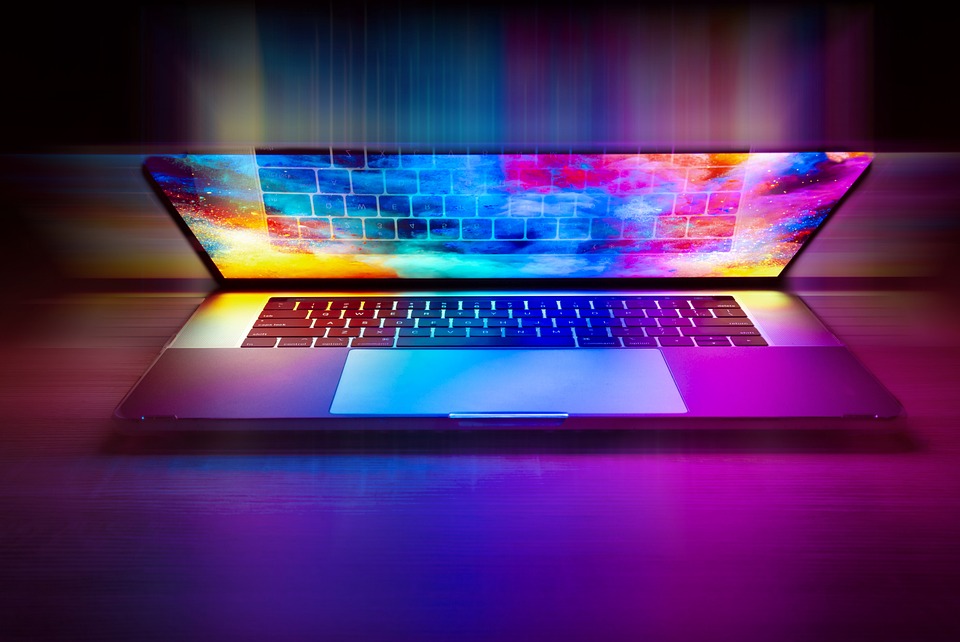Revolutionizing Marketing: The Rise of AI Applications
Artificial intelligence (AI) has revolutionized various industries in recent years, and the world of marketing is no exception. With the rise of AI applications, marketers now have access to powerful tools that can help them make more informed decisions about their campaigns, optimize their strategies, and better understand their customers. In this article, we will explore the ways in which AI has transformed marketing, and how businesses of all sizes can leverage this technology to gain a competitive edge in today’s fast-paced business world.
Understanding AI and Its Applications in Marketing
Before delving into the impact of AI on marketing, it’s worth first understanding what AI really is. Essentially, artificial intelligence refers to the ability of machines to perform tasks that would normally require human intelligence, such as learning, problem-solving, and decision-making. In marketing, AI has been applied in a variety of ways, including data analytics, predictive modeling, natural language processing, and computer vision.
One of the key benefits of AI in marketing is that it can provide marketers with insights that were previously unavailable. For example, with AI-powered analytics tools, marketers can analyze vast quantities of data to identify patterns and correlations that would be impossible to detect with traditional analytics tools. This can help marketers to make more informed decisions about their campaigns, such as which channels to use, which messages to prioritize, and which ads to serve to which audiences.
Another important application of AI in marketing is predictive modeling. By using sophisticated algorithms and machine learning techniques, marketers can create models that can predict future trends and behaviors with a high degree of accuracy. For example, an e-commerce company might use predictive modeling to identify which products are likely to be popular with customers in the coming months, so that they can stock up on inventory and optimize their pricing strategy accordingly.
AI-powered personalization is also becoming increasingly popular in marketing. With natural language processing and machine learning capabilities, AI can analyze customer data to understand their preferences, interests, and behaviors. This data can then be used to deliver personalized messages and offers through a variety of channels, such as email, chatbots, and social media.
Finally, AI can also be used to improve the customer experience. With computer vision and voice recognition technologies, businesses can create chatbots and virtual assistants that can interact with customers and provide them with helpful information and advice. These tools can help businesses to provide better customer support, reduce the workload of customer service teams, and ultimately improve customer satisfaction.
Leveraging AI for Your Marketing Strategy
With so many benefits to using AI in marketing, it’s no surprise that more and more businesses are exploring the possibilities of this technology. However, implementing AI into your marketing strategy can be challenging, especially if you don’t have a background in data analytics or machine learning.
One of the key things to keep in mind when using AI in marketing is to start small. Don’t try to tackle everything at once – instead, identify one or two areas where AI could potentially make a big impact, and focus your efforts there. For example, if you’re an e-commerce retailer, you might start by using AI-powered predictive modeling to optimize your pricing strategy.
It’s also important to work with experienced data scientists and AI experts who can help you navigate the complexities of this technology. Many businesses are now partnering with AI startups or consulting firms to help them implement AI into their marketing strategies.
Finally, it’s important to remember that AI is not a panacea. While it can certainly be a powerful tool for marketers, it’s not a substitute for human creativity, intuition, and expertise. Ultimately, successful marketing is about striking the right balance between data-driven insights and creative inspiration.
Conclusion
AI has transformed the world of marketing in countless ways, providing marketers with powerful tools for data analysis, predictive modeling, personalization, and customer experience. Businesses of all sizes can leverage these technologies to gain a competitive edge in today’s fast-paced business world. However, implementing AI into your marketing strategy can be challenging, so it’s important to start small, work with experienced experts, and remember that AI is not a substitute for human creativity and expertise.
FAQs
Q: What are some real-world examples of AI applications in marketing?
A: Some examples include predictive modeling, personalization, data analytics, chatbots, and virtual assistants.
Q: How can AI improve the customer experience?
A: AI can be used to create chatbots and virtual assistants that can interact with customers and provide them with helpful information and advice, ultimately improving customer satisfaction.
Q: Do you need a background in data analytics to use AI in marketing?
A: While it can certainly help, it’s not necessary. Many businesses are partnering with AI startups or consulting firms to help them implement AI into their marketing strategies.
Q: Is AI a substitute for human creativity and expertise in marketing?
A: No. While AI can be a powerful tool for informing marketing decisions, it’s not a substitute for human intuition and creativity.
Q: How can businesses get started with using AI in marketing?
A: Start small, identify one or two areas where AI could make a big impact, work with experienced experts, and stay focused on the big picture.






